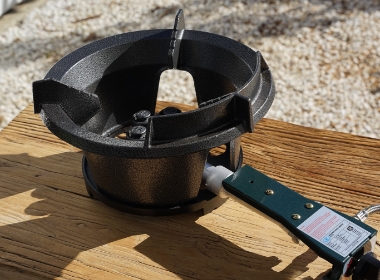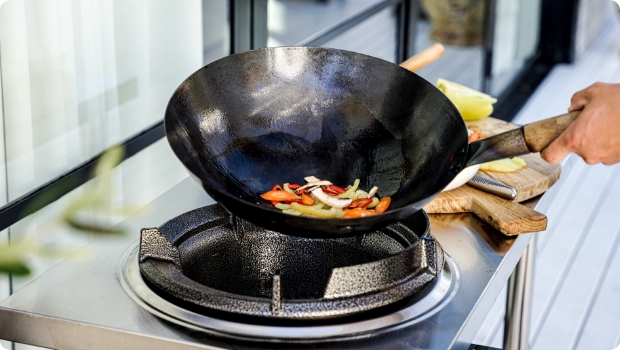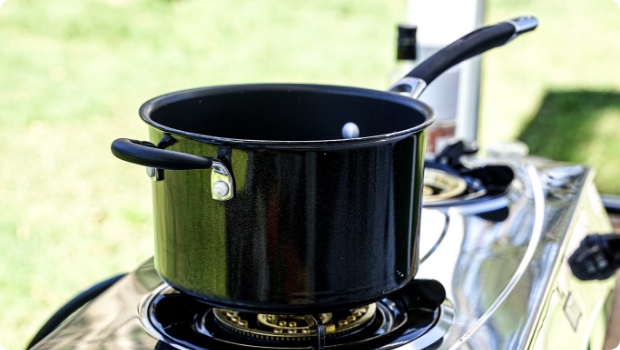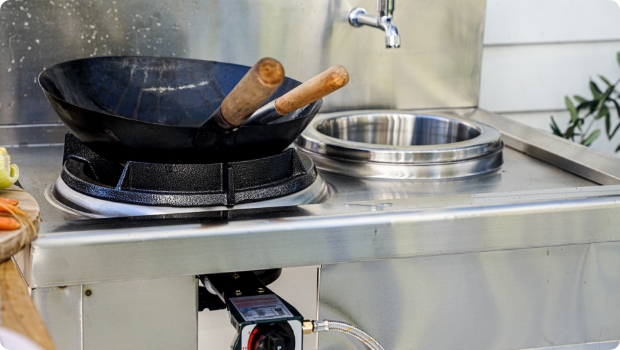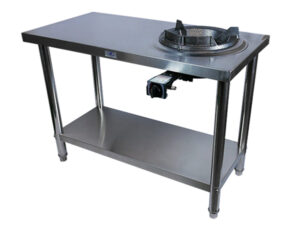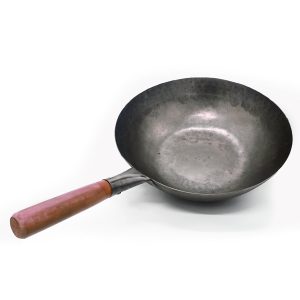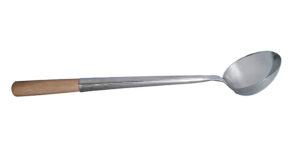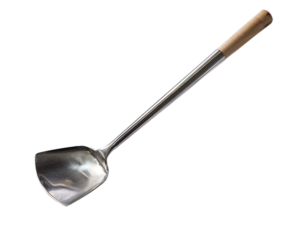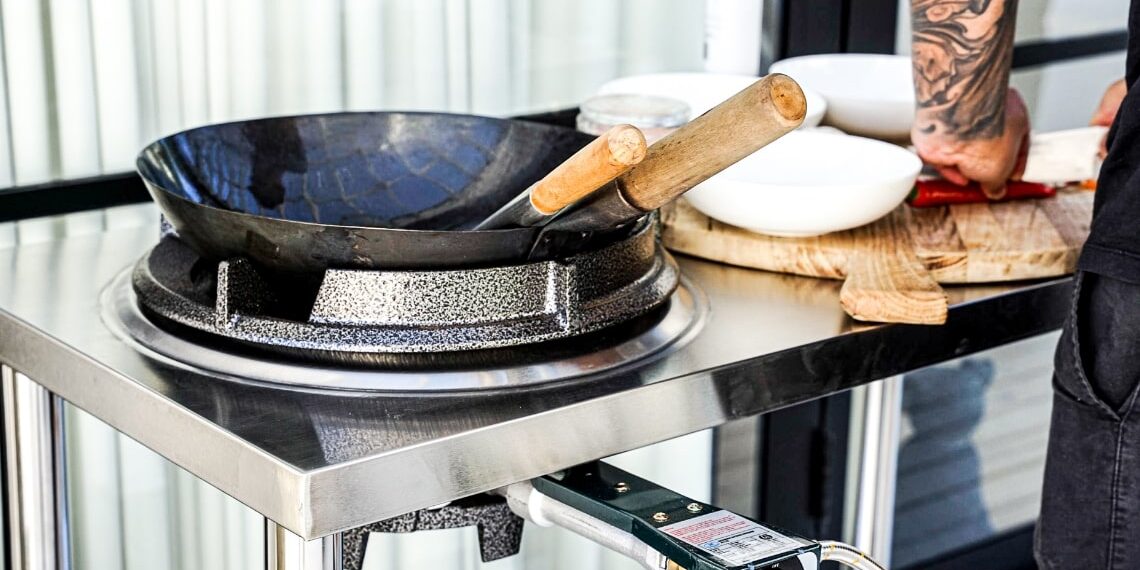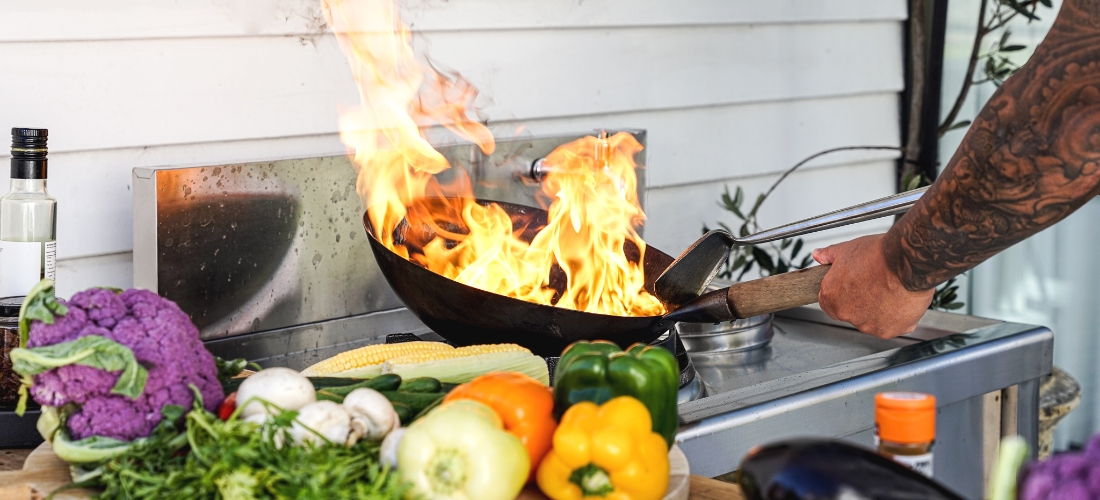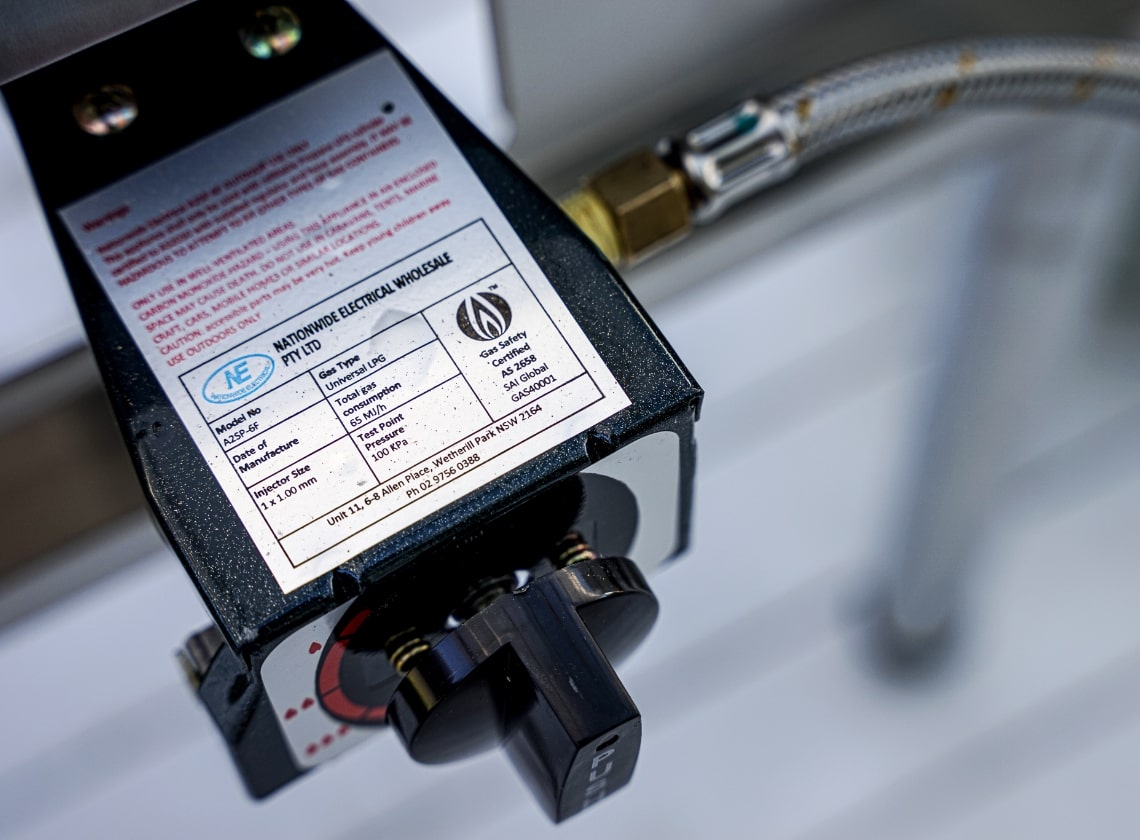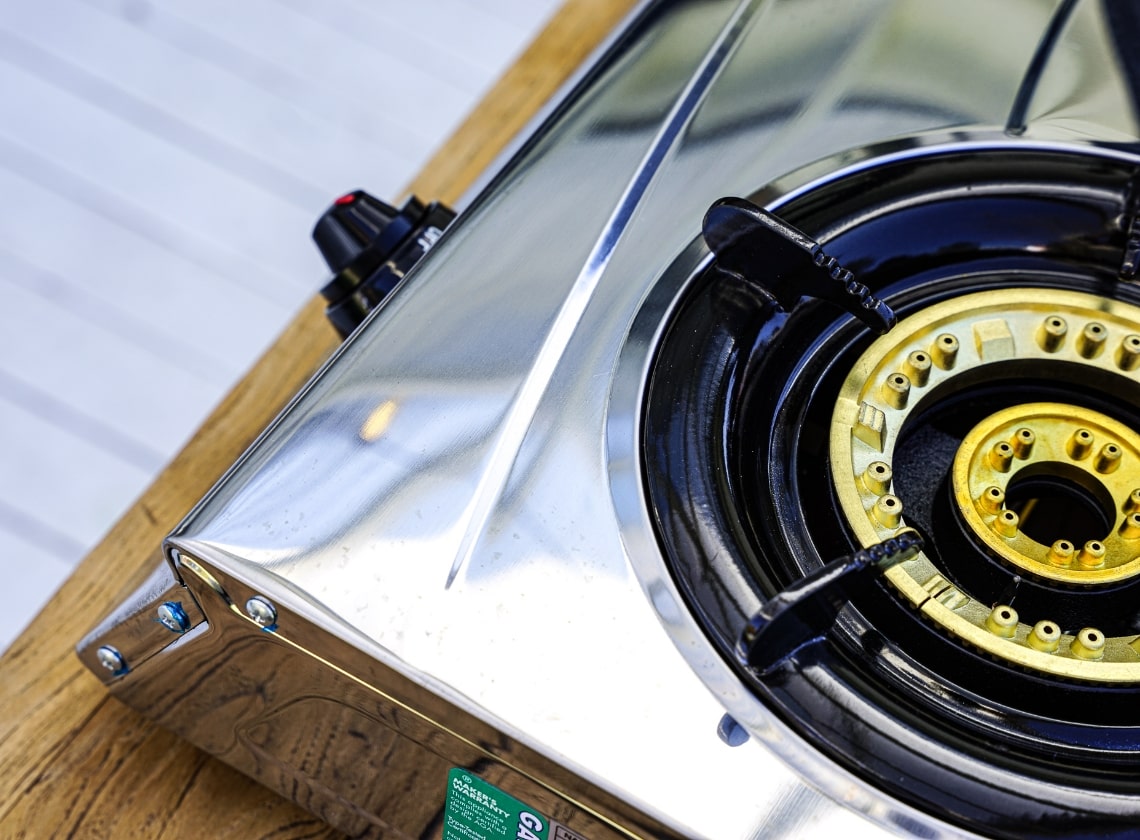We can all agree that when we shop for a new stove, it leaves one confused and unsure as to whether an electric stove or gas stove is worth the investment.
Stoves are your best cooking partner whether at home in the kitchen, in the backyard or when out on camping and road trips. The right stove can help determine how quickly you will be able to cook, how well you’ll be eating, and how easy your clean up will be. To help you make the right purchase, the tips below provide a guide of the pros and cons in choosing the right cooktop, so you can make an informed choice.
Gas Stoves Pros and Cons
Gas Stoves, Burners, Combination Stoves, High Pressure Burners
Pros
The best thing about gas stoves and burners is its source of energy —propane (LPG) and natural gas are relatively inexpensive. When it comes to temperature control, gas cooktops have a clear advantage in getting instant heating which you can adjust visually.
You immediately know if the stove is turned on or if it is on the right heat setting that you want it to be. Temperature range is absolutely immediate as the temperature control is straightforward—low heat means low flame, and high heat means high flame. With instant temperature control, you can save money in the long run when you use a gas stove or cooktop range.
Cons
When choosing either an electric or gas stove, it’s best to note how you will be cleaning and maintaining it. The stove or cooktop should be able to be easily kept clean and avoid dirt and grime build-up.
Other considerations when choosing gas with burners over electric may be its ease to maintain and clean. As there are a lot of nooks and crannies in gas burners, it needs to be regularly maintained to avoid a build up of soot and burned food debris.
If using indoors, another hazard you need to be aware of when using burners indoors is if the flame fails to start but the gas continues to leak. Gas leaks are a hazard and if left unattended, can be dangerous. To make sure this doesn’t happen, ensure that your indoor gas burners have a flame failure device (which is a little tool on the portable gas burner that will stop the gas when it detects that the flame isn’t on). Check here for tips on how to detect gas leak and safeguard your home. This isn’t so much of a worry when cooking outdoors because the gas will dissipate really quickly.
Another consideration when choosing portable gas burners is how easily the flame may be compromised (or completely diminished) in wind. Perhaps you may need a wind shieldor some other form of protection when cooking in windy areas.
Also, if cooking for larger gatherings or catering events, unlike electric or induction, you will need to be aware of the amount of LPG you have left in the bottle.
(A neat little trick is to have two gas bottles so that you can have one for back up and swap it out when empty).
Electric Stove Pros and Cons
Electric Induction
Pros
This type of cooker has an instant heating and heat adjustment feature — an important tool for cooks who are particular with different heat settings when cooking their food. Electrical induction cookers are much more efficient at saving energy as there isn’t as much wastage. When the pot is taken off the surface, safety features in induction cookers only turns it on when a prescribed pot is placed on top. This is because of the use of magnetism; heat is generated on the cookware itself, rather than through a flame.
The surface remains relatively cooler compared to smooth top and ceramic smooth tops, so there are fewer burning hazards. When one is done cooking, the flat surface also makes cleanup effortless – which can be completed with just a simple spray and wipe. Since it does not create an open flame, it is safer to use with no need to worry about gas or any other peripherals as it stands on its own.
Cons
As a result of the way induction heats, there is limit on what type of pots or pans you can use on these cookers. Essentially, if a magnet does not stick to your cookware, then it cannot be used on an induction stove.
On that note, cooking methods are limited by the type of equipment you use on the induction stove. Electrical induction stoves consume a lot of electricity — especially if you are cooking massive batches of food with the worst part being that you need an electrical source to be able to operate it, unlike LPG gas burners that can be plugged into any portable LPG gas bottle.
Looking for a burner but not sure which one to get? Give us a call on 02 9756 0388 or send us an email at info@nationwideelectrical.com.au.
Check out our other blog articles to learn more about the art of wok cooking.
